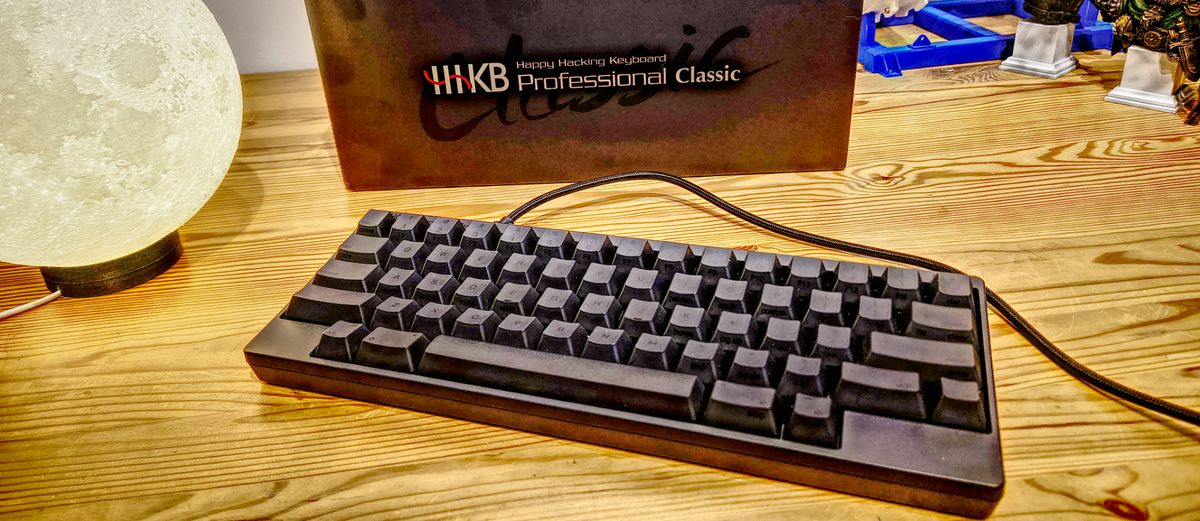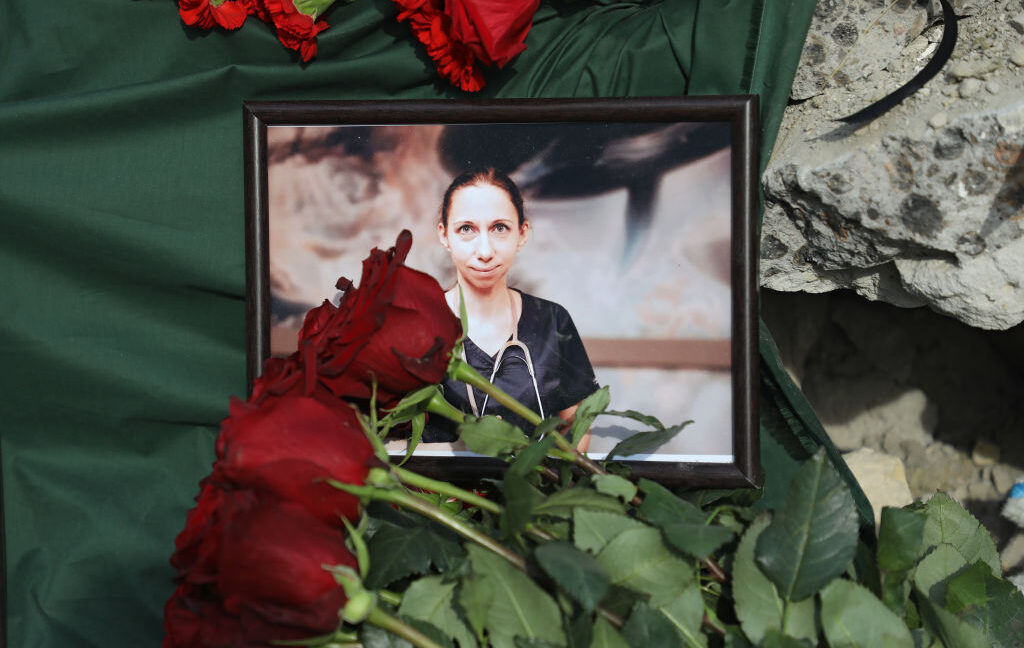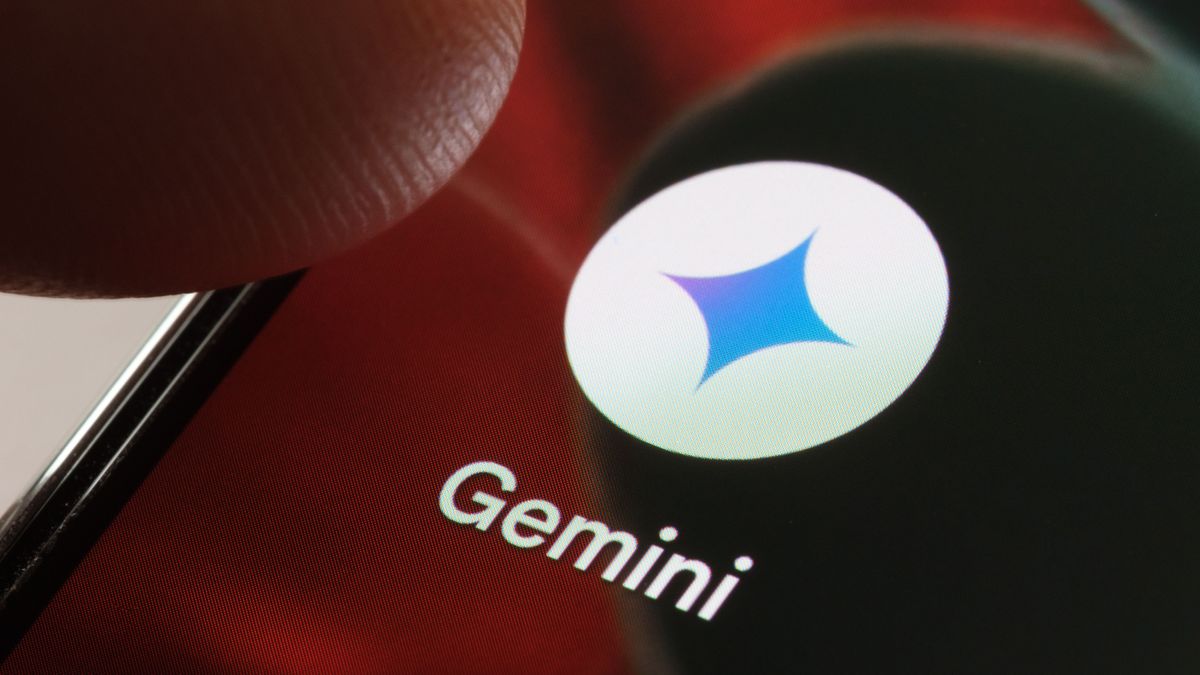The US Space Force on Wednesday announced that it has certified United Launch Alliance's Vulcan rocket to conduct national security missions.
"Assured access to space is a core function of the Space Force and a critical element of national security," said Brig. Gen. Panzenhagen, program executive officer for Assured Access to Space, in a news release. "Vulcan certification adds launch capacity, resiliency, and flexibility needed by our nation’s most critical space-based systems."
The formal announcement closes a yearslong process that has seen multiple delays in the development of the Vulcan rocket, as well as two anomalies in recent years that were a further setback to certification.
The first of these, an explosion on a test stand in northern Alabama during the spring of 2023, delayed the first test flight of Vulcan by several months. Then, in October 2024, during the second test flight of the rocket, a nozzle on one of the Vulcan's two side-mounted boosters failed.
A cumbersome process
This nozzle issue, more than five months ago, compounded the extensive paperwork needed to certify Vulcan for the US Department of Defense's most sensitive missions. The military has several options for companies to certify their rockets depending on the number of flights completed, which could be two, three, or more. The fewer the flights, the more paperwork and review that must be done. For Vulcan, this process entailed:
- 52 certification criteria
- more than 180 discrete tasks
- 2 certification flight demonstrations
- 60 payload interface requirement verifications
- 18 subsystem design and test reviews
- 114 hardware and software audits
That sounds like a lot of work, but at least the military's rules and regulations are straightforward and simple to navigate, right? Anyway, the certification process is complete, elevating United Launch Alliance to fly national security missions alongside SpaceX with its fleet of Falcon 9 and Falcon Heavy rockets.








 English (US) ·
English (US) ·